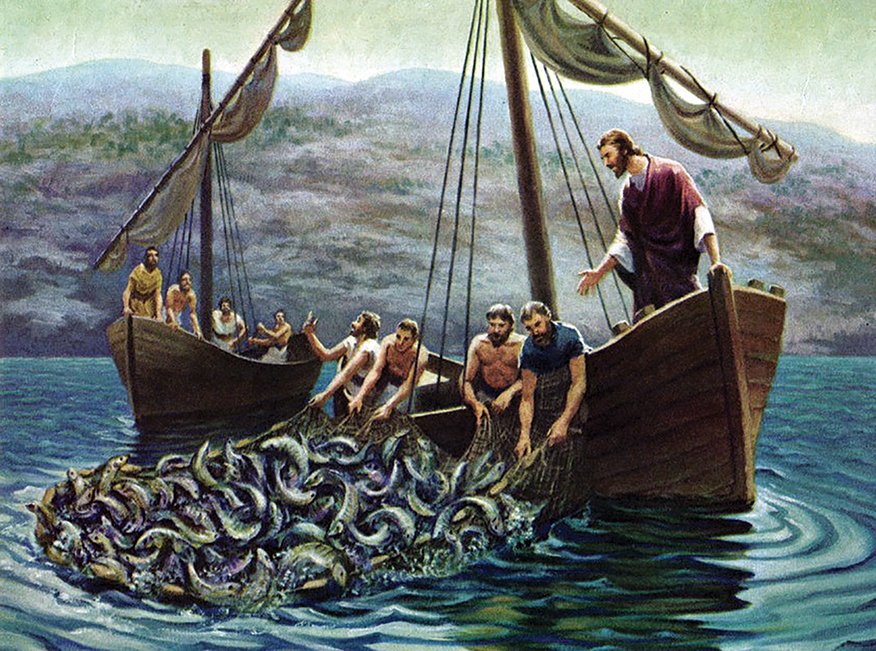ANSWER:
This question often arises when reading Genesis 9:20–25, which records a puzzling episode in the life of Noah after the flood. The passage reads:
“Noah, a man of the soil, proceeded to plant a vineyard. When he drank some of its wine, he became drunk and lay uncovered inside his tent. Ham, the father of Canaan, saw his father naked and told his two brothers outside. But Shem and Japheth took a garment and laid it across their shoulders; then they walked in backward and covered their father’s naked body. Their faces were turned the other way so that they would not see their father naked. When Noah awoke from his wine and found out what his youngest son had done to him, he said, ‘Cursed be Canaan! The lowest of slaves will he be to his brothers.’”
— Genesis 9:20–25, NIV
From the text, we learn that Ham saw his father’s nakedness and exposed his shame by telling his brothers. In contrast, Shem and Japheth acted respectfully, covering their father without looking at him. When Noah awoke and discovered what had happened, he pronounced a curse—not on Ham, the one who committed the offense—but on Canaan, Ham’s son. This naturally raises a theological question: Why was Canaan cursed instead of Ham?
Possible Explanations:
-
Ham Had Already Been Blessed by God
According to Genesis 9:1, God had already blessed Noah and his sons after the flood:“Then God blessed Noah and his sons, saying to them, ‘Be fruitful and increase in number and fill the earth.'”
Since Ham had received God’s blessing, it may have been spiritually inappropriate for Noah to curse someone whom God had blessed. As a result, the curse was redirected to Ham’s son, Canaan. This illustrates the principle that divine blessings are irrevocable (cf. Romans 11:29), and perhaps Noah, recognizing that, pronounced judgment where it could legally or spiritually apply.
-
Prophetic Foreshadowing of the Canaanites’ Future
Some biblical scholars argue that Noah’s curse was prophetic in nature. Moses, the author of Genesis, was leading the Israelites toward the Promised Land, which was inhabited by Canaan’s descendants—the Canaanites. These people later became notorious for their idolatry, sexual immorality, and child sacrifice (cf. Leviticus 18:24–25). Thus, Noah’s words can be seen as a divinely inspired prophecy foretelling the downfall and subjugation of the Canaanites at the hands of Israel (cf. Deuteronomy 7:1–2). -
Canaan as Representative of a Corrupt Lineage
Although the text doesn’t say Canaan was present at the incident, some Jewish traditions and early commentators suggest that Canaan may have been involved or that Noah foresaw in him a legacy of corruption. In the ancient biblical worldview, a parent’s character and actions were believed to shape the destiny of their descendants (cf. Exodus 20:5). Thus, the curse on Canaan may reflect the principle of generational consequences tied to moral failure. -
Literary Emphasis and Intentional Highlighting
The text deliberately emphasizes that Ham was “the father of Canaan” (repeated in verses 18 and 22), suggesting that Moses wanted readers to connect Ham’s sin with the moral downfall of the Canaanite peoples. This supports the view that Canaan’s name was singled out not randomly, but as part of a larger theological narrative—one that would be fulfilled centuries later during Israel’s conquest of Canaan. -
The Role of Honor and Shame in the Ancient World
In ancient Near Eastern culture, honor and shame were central values. Ham’s act was not merely a passive mistake; it was an active dishonoring of his father, possibly mocking or gossiping about Noah’s vulnerability. In contrast, Shem and Japheth showed respect and discretion. Noah’s curse may have therefore extended to Ham’s legacy—through Canaan—as a reflection of how deeply dishonor can impact future generations.
Conclusion:
Noah’s curse on Canaan, though initially perplexing, aligns with broader biblical themes of generational responsibility, prophetic judgment, and divine sovereignty. It reveals how sin, especially dishonor and disrespect, can carry long-term consequences. The incident also sets the stage for understanding why the Canaanites later came under God’s judgment through Israel. Canaan’s curse was not merely personal—it was historical and theological, pointing to future events in redemptive history.
Shalom.









